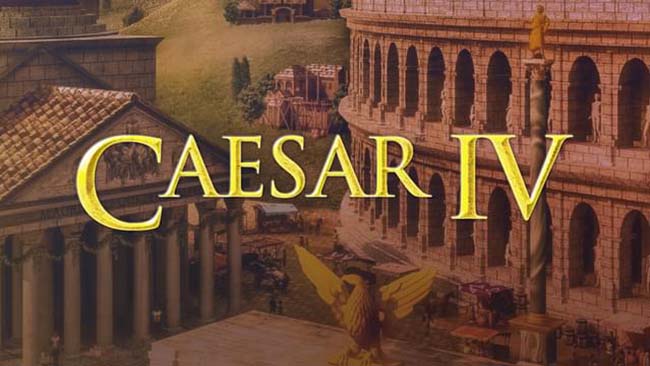

The senate agreeing to these terms, the people returned to the city. No member of the senatorial class would be eligible for this office (in practice, this meant that only plebeians were eligible for the tribunate), and the tribunes should be sacrosanct any person who laid hands on one of the tribunes would be outlawed, and the whole body of the plebeians entitled to kill such person without fear of penalty. The plebeians agreed to negotiate for their return to the city and their condition was that special tribunes should be appointed to represent the plebeians, and to protect them from the power of the consuls. Menenius was well received, and told the fable of the belly and the limbs, likening the people to the limbs who chose not to support the belly, and thus starved themselves just as the belly and the limbs, the city, he explained, could not survive without both the patricians and plebeians working in concert. The senate dispatched Agrippa Menenius Lanatus, a former consul who was well liked by the plebeians, as an envoy. Instead, on the advice of Lucius Sicinius Vellutus, the plebeians seceded en masse to the Mons Sacer (the Sacred Mount), a hill outside of Rome. A series of clashes between the people and the ruling patricians in 495 and 494 BC brought the plebeians to the brink of revolt, and there was talk of assassinating the consuls.


Barloccini, 1849.įifteen years after the expulsion of the kings and establishment of the Roman Republic, the plebeians were burdened by crushing debt. Erosion of the tribunician power at the end of the RepublicĮstablishment of the tribunate The Secession of the People to the Mons Sacer, engraving by B.The tribunes in the conflict of the orders.It was customary for the tribunes to be seated on the tribune benches on the Forum Romanum every day. In imperial times, the powers of the tribunate were granted to the emperor as a matter of course, and the office itself lost its independence and most of its functions. The tribunes of the plebs were sacrosanct, meaning that any assault on their person was punishable by death. These tribunes had the power to convene and preside over the Concilium Plebis (people's assembly) to summon the senate to propose legislation and to intervene on behalf of plebeians in legal matters but the most significant power was to veto the actions of the consuls and other magistrates, thus protecting the interests of the plebeians as a class. Tribune of the plebs, tribune of the people or plebeian tribune ( Latin : tribunus plebis ) was the first office of the Roman state that was open to the plebeians, and was, throughout the history of the Republic, the most important check on the power of the Roman Senate and magistrates.


 0 kommentar(er)
0 kommentar(er)
